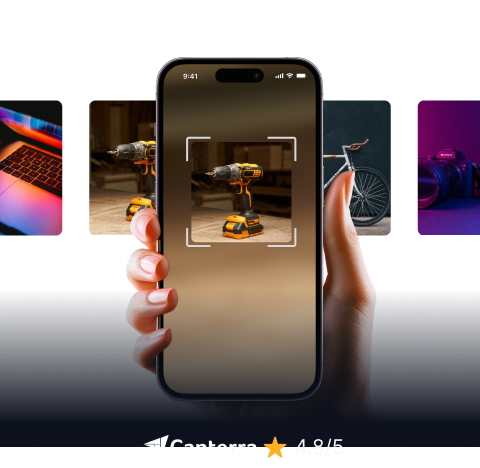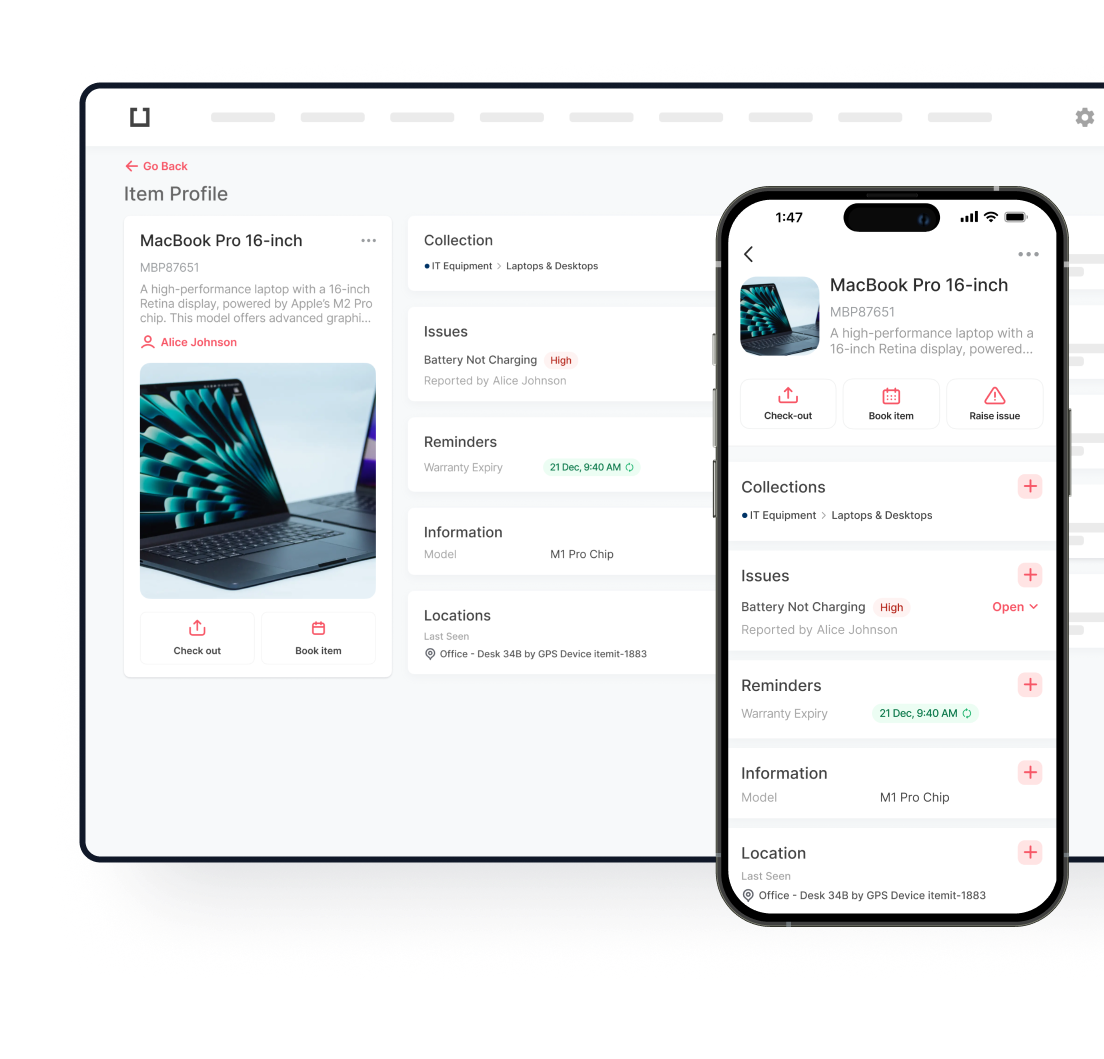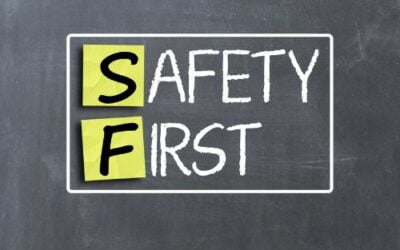
IT asset management software helps you keep track of who has what, where it is, and how it is being used. The benefit of IT asset management software is that you can view granular data against specific assets, while also having visibility over trends.
Overall, this helps you make clearer business decisions, but is also instrumental when scaling, as assigning assets to users is a breeze. On top of this, you can track asset finances and depreciation data, making tax and insurance operations simpler.
Any issues that crop up will be easy to identify and rectify, and any inefficiencies can be stamped out by the simple day to day collection of data.
What Is IT Asset Tracking Software?
IT asset tracking software is a system where you can log unique asset profiles. These profiles will be of your laptops, phones, PCs and so on. Therefore, instead of having a general view of your laptops, you’ll be able to pinpoint a laptop and view that laptop’s specific data.
While a spreadsheet can do a part of this, the actual creation and management of such a spreadsheet quickly becomes unwieldy. This is as each cell will represent a specific piece of data against an asset. Each time this bit of data changes, this specific cell needs to be changed. With all of the day to day changes an asset goes through, you can tell how quickly this becomes impossible to manage.
IT asset tracking software automates this as, instead of editing a cell, you’ll be using a feature within your system. For example, if you’re using your IT asset management software as a bookings and check in check out system, instead of changing a cell, you’ll be able to press a “check out” button and this data will update, ready to be viewed, managed, and exported.
Using Asset Tags And Adding Users
Asset tags also help you speed up your operations. When working remotely, it’s much easier for assets to go missing which is why asset tags are very useful.
Once you’ve assigned a tag to an asset, every time you scan the tag, that asset’s data will show. The last seen location, time of scan, and the user who scanned the tag will also update, giving you a neat audit trail to manage.
You will be able to set different user permissions to give your colleagues different levels of access. When you add users, you can share the asset tracking load, too. The more people performing quick, daily operations, the faster you collect data and the more data you collect.
However, if you’re onboarding and don’t wish to give any permissions, you can also assign assets to “contacts”. Contacts are for your records only, allowing you to report on who has which assets, and on who needs which assets without any red tape or without needing to share a system.
Scaling To Fixed Asset Management
The best asset tracking software is highly scalable. This means that you’ll be able to use your system for fixed asset management as well as IT asset management.
This is useful as, if you want to run a report on all of your assets’ depreciation, you will be able to do so. You can then also use helpful features to segment and filter your data, meaning you’ll be able to see the depreciation of just your IT assets or of all of your fixed assets.
Certain features are also tailorable. For example, you can use issues management or a reminders system to track PAT tests for IT assets and to track maintenance on tools and equipment.
This also means that multiple teams within your business can use the same system at no extra cost, while still using it for a wide range of purposes.
All in all, when you’re searching for an effective IT asset management software, the above features are a must. Your system has to be scalable, effective, and streamlined. Without the ability to assign, for example, your onboarding operations will get delayed.
Therefore, the best IT asset management software is one that you can tailor to your exact use case. Whether you need to track depreciation or not, if you just wish to track asset locations, or if you just need a record of where your assets are, your IT asset management software must be able to cope.
itemit’s IT Asset Management Software
itemit’s IT asset management software is highly scalable, highly tailorable, and very easy to use. itemit is used for tools and equipment tracking, IT asset tracking, and fixed asset management in all different types of industry.
With itemit, you get a proven, tried and tested solution that your entire business can pick up with ease which is why the system is used worldwide in multiple different industries tracking all manner of assets.
To find out more about how itemit can help you with your IT asset management, or how it can help you with any other type of asset tracking, you’ll be able to contact the team at team@itemit.com.
You can also fill in the form below to start your 14-day free trial, no strings attached!

Try itemit
Choose a better way to track your assets. Start your free 14-day trial now!

Keep Learning
itemit Blog
Tips, guides, industry best practices, and news.
Why Schools Need Asset Tracking Software
Keeping track of your school’s assets is not always easy. However, using asset tracking software can make it easy. Read this article to find out more!
Improve Workplace Safety: Use Asset Management Software
Can you improve workplace safety using an equipment tracking system? Yes. This type of asset management software works well. Read about it here!
How Facilities Management Can Be Made Easier By Using Asset Tracking Software
Discover how asset tracking software simplifies Facility Asset Management. Our solutions improve efficiency and control. Read more to learn how it works!


